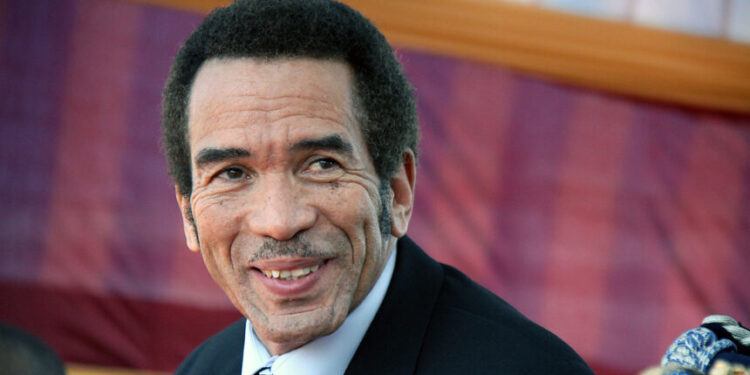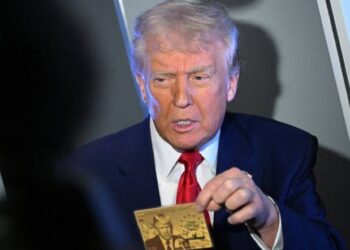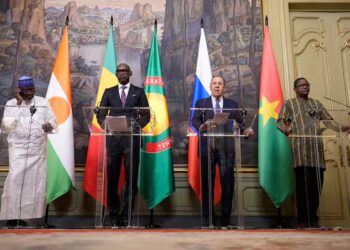By Ebi Kesiena
Former President of Botswana, Lt. Gen. Seretse Ian Khama has returned to his homeland after three years in a self-imposed exile. His homecoming coincided with a Gaborone magistrate’s decision to dismiss criminal charges against him, marking a significant turn in a years-long political and legal saga.
Khama, speaking at a welcome ceremony in Serowe, expressed relief over the dropped charges of illegal possession of weapons of war. “I am glad the charges against me have been dismissed. The case was flawed from the start, and I’m relieved this chapter is over,” he said.
The 71-year-old, who led Botswana from 2008 to 2018, left the country in 2021, citing fears for his safety and freedom under the administration of his successor, President Mokgweetsi Masisi. During his exile, Khama faced multiple allegations, including firearms violations, money laundering, and receiving stolen property, charges he repeatedly denounced as politically motivated.
In 2022, authorities issued arrest warrants after Khama failed to appear in court. Despite the legal challenges, Khama unexpectedly returned to Botswana earlier than announced, surprising both his supporters and state prosecutors. At a September court hearing, the magistrate officially rescinded the warrants, with Khama hailing the decision as a victory.
Khama’s return has amplified tensions within Botswana’s political landscape. Once a prominent figure in the ruling Botswana Democratic Party (BDP), Khama now operates independently, with private security, reflecting a deep rift between him and President Masisi. This fracture has highlighted divisions within the party and broader political system.
Khama’s homecoming also follows the election of Duma Boko of the Umbrella for Democratic Change (UDC) as Botswana’s new president, signaling a shift in the nation’s political climate.
Reflecting on his journey back, Khama revealed he drove across the border from South Africa, defying expectations and signaling his determination to reassert his presence in Botswana’s evolving political narrative.




































